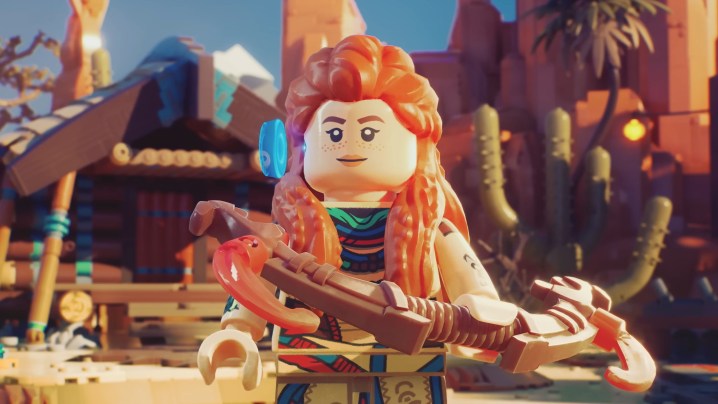Game exclusivity is dying, and that’s a good thing

Up until the current generation of video game consoles, each system was defined primarily by its exclusive games. We may call it the “console wars,” but the battles have always been Mario vs. Sonic and Master Chief vs. Nathan Drake rather than Nintendo vs. Sega or PlayStation vs. Xbox. It was the games that drove people to buy one box over the other, and those have always driven a wedge in the gaming community. Few people had access to every console, so we felt the need to justify our choices by idolizing “our” exclusives and downplaying the competition’s. For a long time, that tribalism helped console makers build a loyal fanbase to run a successful business on.
Exclusives make less and less sense in our modern era. They have always been anti-consumer to some extent, but now both first and third-party developers are wising up top the fact that the old business model needs to die in order for the industry to survive. We’re currently witnessing the death of traditional exclusives and that’s not a change you should fear.
Tearing down the walled garden
Exclusive games have always been a manipulative and predatory business practice for players. Those who could only afford to buy one console each generation would miss out on a whole library of games due to that choice. That, or they’d be forced to purchase an expensive piece of hardware to cover all their bases. This approach gave each console a distinct identity from its competitors but at the cost of FOMO and a hostile environment between fanbases. I believe everyone understands that exclusives have never been good for consumers on a basic level despite the segments of the audience that felt the need to crusade against one another on behalf of a major corporation that only cared about their dollars.
Thankfully, those wars have been waning as we have entered a transition period away from exclusives.
Xbox was the first to break the traditional model in a major way after losing all momentum with the Xbox One generation and never finding a way to recover. It embraced PC as an extension of its Xbox brand with a dedicated PC Game Pass subscription in addition to selling its games on Steam. With its cloud and mobile initiatives, it pushed away from its identity as a hardware provider entirely with the “This is an Xbox” marketing campaign. In recent months it has broken the biggest barrier left and began trickling previous exclusives onto PlayStation 5 and Nintendo Switch with more on the way. Based on how well these titles are selling on competing platforms and higher-profile games announced to make the jump, it is safe to say this is a direction Xbox is fully embracing.
PlayStation has been a bit more stubborn than Xbox, but it is slowly yet surely recognizing the value of putting its biggest IP on PC. It even flirted with Nintendo by releasing Lego Horizon Adventure on the Switch and would be wise to capitalize on that audience further with the Switch 2. Nintendo will certainly be the last holdout, but never say never.
This move away from exclusives isn’t being done out of the goodness of the platform holder’s hearts. It is a necessary change in business tactics that just so happens to align with the player’s best interests. The gaming market isn’t growing proportionally to the cost of modern development cycles. Unless something changes, we are approaching a point where the audience on a single platform wouldn’t be large enough for an enormous game to succeed. Considering the volume of games released every year and the fight to earn player’s attention, it is arguable that that time has already come. By breaking down hardware barriers, developers have the best possible chance to find an audience for their game. It isn’t a cure for the industry’s problems but it is at least a step in the right direction.
Exclusives aren’t going to die overnight. Many Xbox and PlayStation games are still timed exclusives for several months or more, but this feels more like the last vestiges of that old model rather than a deliberate choice. We’re also seeing major companies denouncing exclusivity deals, such as Square Enix, after discovering that model no longer pays off the same way it used to.
Games, at their core, are meant to delight, inspire, and connect people. Exclusives were the business side of the industry encroaching on that core principle. The death of exclusives has been a long time coming, but now that we’re on the cusp of all games being available in as many places as possible, we can get back to focusing on why we play games rather than where we play them.



